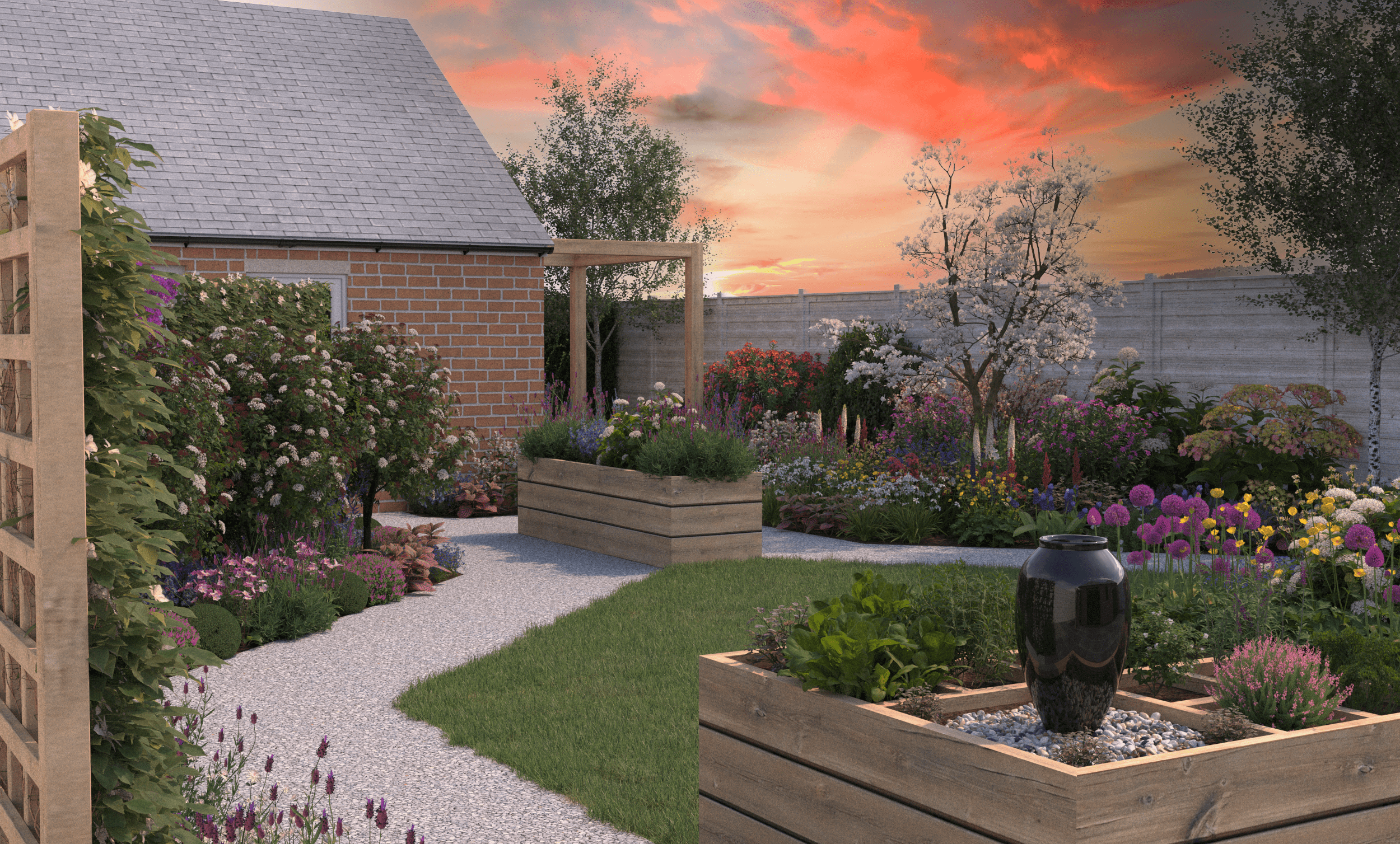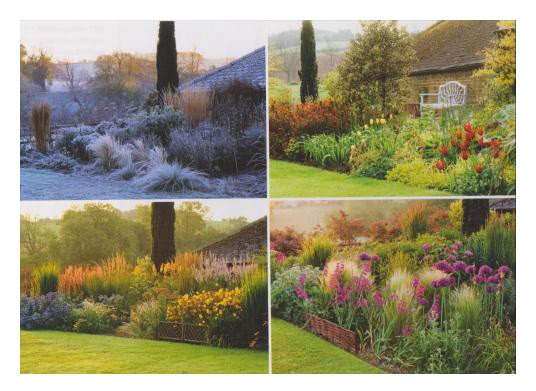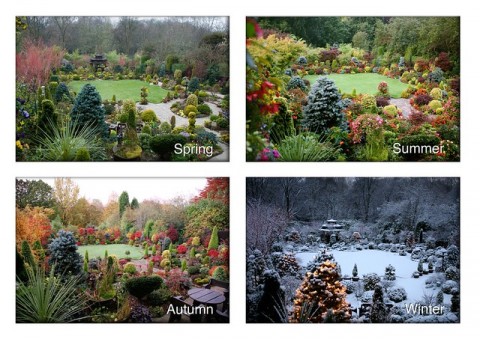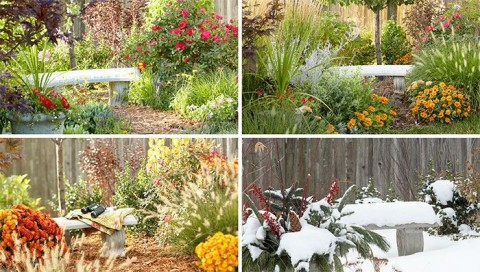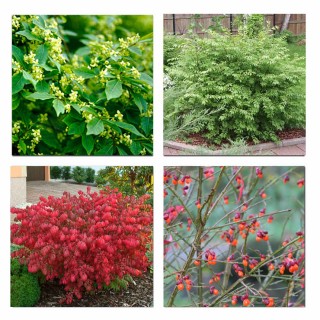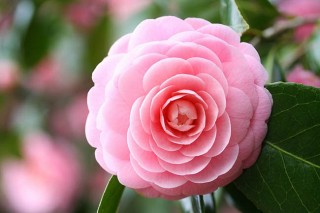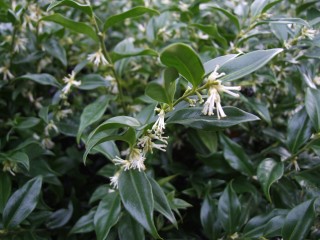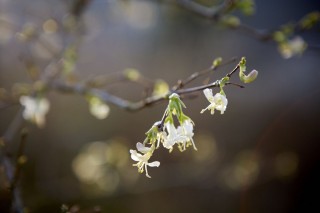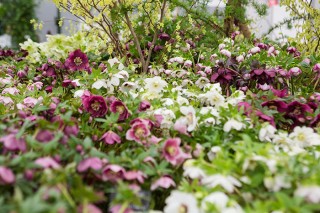How to change your garden...seasonal colour
Most people would like something lovely to look at in their garden throughout the year – even in winter, albeit through the window. This means you need to have a selection of plants in your garden that are at their best at different times of the year. This tends to be easier in spring and summer as there is so much choice, but there are many plants that flower at other times and you can find them if you do a little research.
Gardening tends to be an activity that people associate with spring and summer, and this is when traditionally people visit garden centres and gardens, getting inspiration from what is flowering then and there, or about too, and planting these in their gardens. Gardening like this tends to lead to a lot of plants in your garden that give interest in spring and summer, but with very little happening in autumn and winter.
Obviously, in these pandemic times, people won't be going to garden centres, so this could be a good opportunity to take stock of what you have actually got in your garden and plan for the later seasons. Once you have identified your plants, you need to note when they are at their best. If you do this month by month, you will see what gaps there are in the year when there is nothing happening. Then you can find plants for any periods that need interest, either on the internet or have a look in gardening books. By having a clever mix of plants, taking into account the conditions of your garden, you will have a garden that gives pleasure all year.
Here are some top tips for getting the most out of the plants in your garden so that you have all year round seasonal interest.
Some plants look great more than once during a year, for example, cherry trees look amazing in spring when their flowers blossom, and are breath-taking again in autumn when their leaves turn. But it's not just trees, Euonymus Alatus Compactus is a great example of a plant that makes different seasonal contributions to gardens, To have double, or more, interest really makes these plants worth the time and space in your garden.
Other plants are less dramatic but look good all year, creating a back drop when the more showy 'one' season plants do their 'thing' and they are a constant in the garden when there is less activity – these tend to be evergreens. Some evergreens also have an additional season of interest, beside being green all year, so again give you more bang for your buck! They're quite a few examples including Holly and the plants pictured here Camellias come in variations of red, pink, yellow and white, and can be doubles or singles.
A lot of people ignore their gardens in winter as being a 'barren place.However, there are many plants that flower during winter, besides the obvious snowdrops, and they often smell amazing too because they have to work hard to attract insects that venture out on sunny days.
By adding some further plants with autumn and winter interest you will extend the delight your garden brings you.
For more ideas of plants to fill your seasonal gap try the RHS and Gardenista websites. Alternatively, if you would like to discuss how we can help you, please contact us.
Please note that photos are courtesy of either us, or various external websites. Please click on photos and if it is from an external source, this will open in a new window.
Related Posts
By accepting you will be accessing a service provided by a third-party external to https://consiliopartnership.co.uk/

